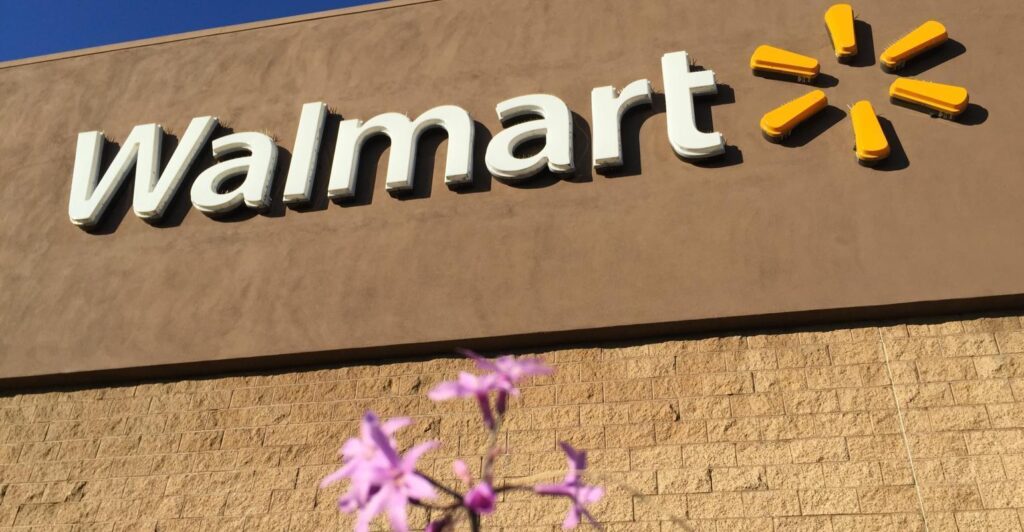Healthcare technology company Fabric said it has acquired the MeMD virtual care platform from Walmart, as the retailer continues to shift away from primary healthcare services.
The sale follows Walmart’s recent announcement that it would shut down its Walmart Health division, close its Walmart Health clinics, and end its virtual healthcare services.
Walmart had acquired MeMD in 2021, saying at the time that the telehealth provider would complement its Walmart Health clinic operations. MeMD provides virtual behavioral, urgent, and primary care services for 30,000 corporate, institutional, and health plan partners and 5 million members, according to Fabric.
Under Walmart’s ownership, MeMD experienced significant growth and expansion, Fabric said. Fabric previously had a technology partnership with MeMD to streamline patient intake and documentation.
Walmart officially closed all 51 of its Walmart Health clinics last Friday, according to reports. In May, the retailer said it was laying off 74 workers at its Walmart Health Virtual Care facility in Phoenix, according to a filing with the state of Arizona.
“There were a number of aspects [of Walmart Health] that were going well, and we really want to be part of the solution to improving healthcare in this country,” said Doug McMillon, president and CEO of Walmart, in a conference call with analysts discussing first-quarter results in May. “But the reality is that given reimbursement rates and costs to serve, we could no longer see a path to achieving an acceptable level of profitability.”
Drugstore operator Walgreens also cited reimbursement and cost challenges in its decision to shutter a “significant number” of its underperforming stores. Walgreens is also scaling back its investment in its primary healthcare clinic business, VillageMD, and shuttering 160 locations.
At the Bank of America London Investor Conference last week, John David Rainey, executive VP and chief financial officer, Walmart, said the company would continue to focus on health and wellness in other ways besides the clinics and virtual care.
“As it relates to health and wellness, what we want to do is continue to serve our customers in the way that we can, but have it probably more closely related to retail, healthy food choices, [and] things like that, vs. a pure ‘care’ strategy,” he said.
Rainey cited as an example Walmart’s recent introduction of its Bettergoods private label offering, which is centered around more trendy and healthful products, and is expected to roll out fully within the next few months.
“The feedback that we’ve received … is that customers really, really like this,” he said.


